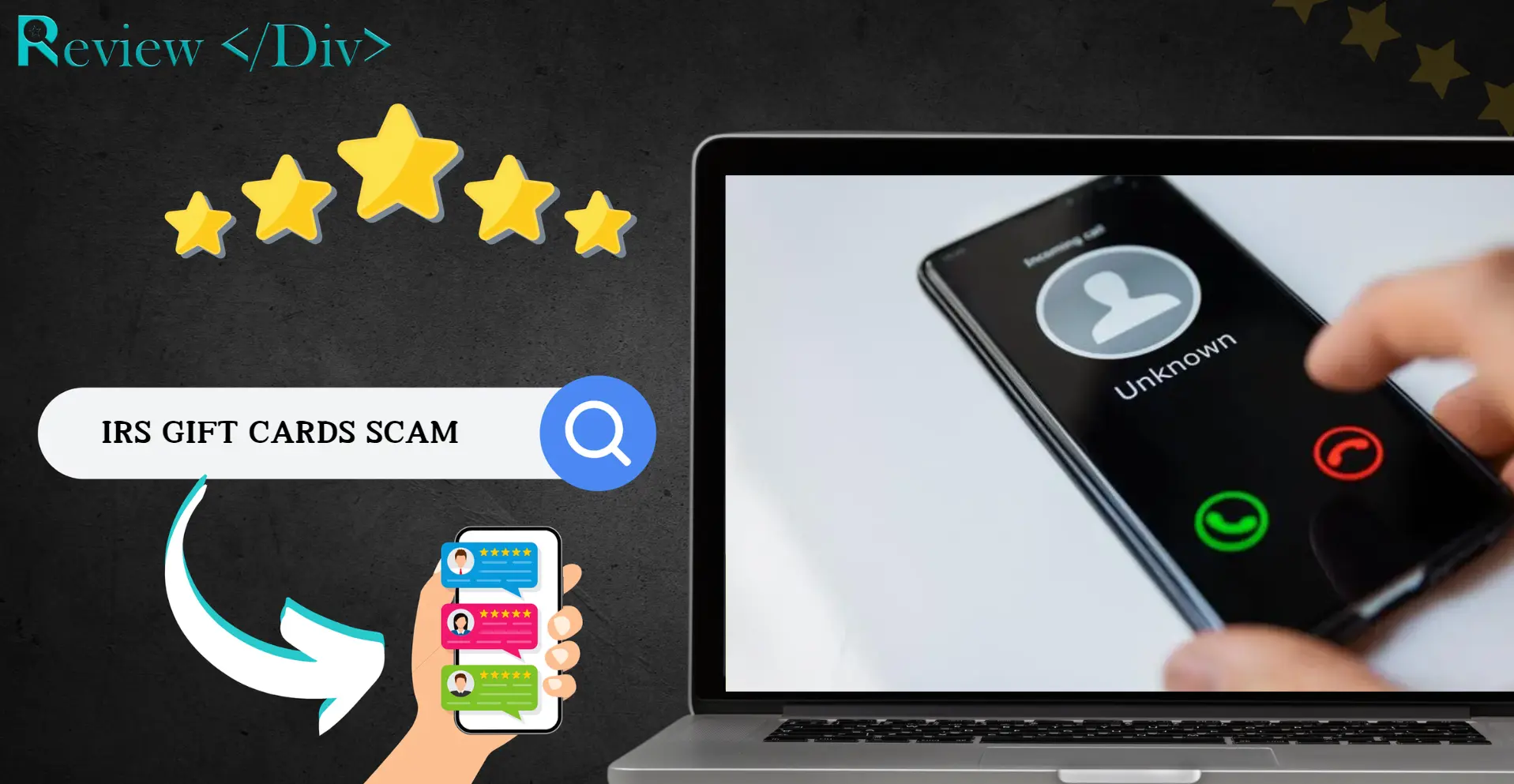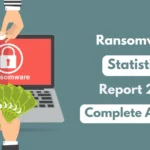The IRS voicemail scam is a general and crafty fraud. Scammers pretend to be IRS agents and leave urgent voicemails demanding quick payment for fake overdue taxes. They tell victims to buy gift cards and give them the card details over the phone.
If the victim does not respond to them, the caller will issue a warrant against them. This article explains how this scam works, the warning signs to watch for, and how to protect yourself.
Understanding The Scam Overview
The IRS voicemail scam involving overdue tax bill payments via gift cards is a prevalent fraud scheme. Scammers mimic IRS agents, leaving urgent voicemails that threaten legal action, arrest, or asset take if supposed overdue taxes are not paid immediately.
The IRS never leaves pre-recorded, urgent, or threatening voice messages, nor do they demand payment via gift cards, prepaid debit cards, or wire transfers. Genuine IRS agents do not use threats of arrest or legal action to collect taxes, and the IRS sends multiple written notices before taking action.
How Does This Scam Work?
Scammers use multiple tactics to fraud victims, but there are some common methods they use most of the time. Here is an overview of how this scam works.
This scam starts when scammers leave a voicemail claiming they are from the IRS. The message includes threats of legal action, arrest, or asset take if the supposed overdue tax bill is not paid immediately.
They use official-sounding language and caller ID spoofing to display the IRS name or a Washington D.C. area code that makes the call seem legitimate.
Also, Scammers design the voicemail to create a sense of urgency and fear. They use phrases like “immediate action required” or “your assets will be seized” to pressure victims into making hasty decisions without verifying the authenticity of the call.
Scammers instruct victims to purchase gift cards from popular retailers such as Amazon, Walmart, or iTunes. They claim that this is the only acceptable form of payment and provide detailed instructions on where to buy the cards and how much to spend.
After the victims purchase the gift cards scammers ask them to call back and provide the card numbers and PINs. This allows the scammers to use the cards for online purchases or resell them on secondary markets.
Warning Signs To Voicemail From The IRS For An Overdue Tax Bill Via Gift Cards Scam
We have identified some warning signs about this scam, you should also be aware of these points so, you can recognize these types of scams.
1. Unsolicited Voicemails
The IRS does not leave urgent or threatening pre-recorded messages. Treat any unsolicited voicemail claiming to be from the IRS with suspicion.
2. Demand for Gift Cards
The IRS will never ask for payment via gift cards, prepaid debit cards, or wire transfers. If someone demands these forms of payment, it is a scam.
3. Immediate Payment Demands
The IRS usually sends several written notices before taking action. They do not ask for immediate payment over the phone. Instant payment requests are a major warning sign.
4. Threats and Coercion
Real IRS agents do not threaten arrest or legal action to collect taxes. Messages using these tactics are almost certainly scams.
How To Protect Yourself From These Scams?
Here are some points to help you protect yourself and stay aware of these types of scams.
Verify the Caller: If you receive a doubtful voicemail do not call back the number given. Instead, contact the IRS directly using their official phone numbers: 800-829-1040 for individuals and 800-829-4933 for businesses. Verify the claim through these official channels before taking any action.
Report the Scam: Send any suspicious emails or voicemails to [email protected]. You can also report the scam to the Federal Trade Commission (FTC) at ftc.gov/complaint. Reporting helps authorities track and address these fraudulent schemes.
Stay Informed: Stay updated on the latest scam alerts and warnings from the IRS and other trusted sources. Regularly check the IRS website and other consumer protection resources for information on new and emerging fraud tactics.
Jason Thomas is a Computer Science student specializing in AI & ML, dedicated to safeguarding individuals from online threats. Passionate about exposing internet scams, Jason spends his free time identifying and reviewing various fraudulent activities and unethical materials. With a unique blend of theoretical knowledge and practical application, he is a valuable contributor to the fight against online fraud. His commitment to technology and programming fuels his mission to protect people from scams and enhance internet safety for everyone.







